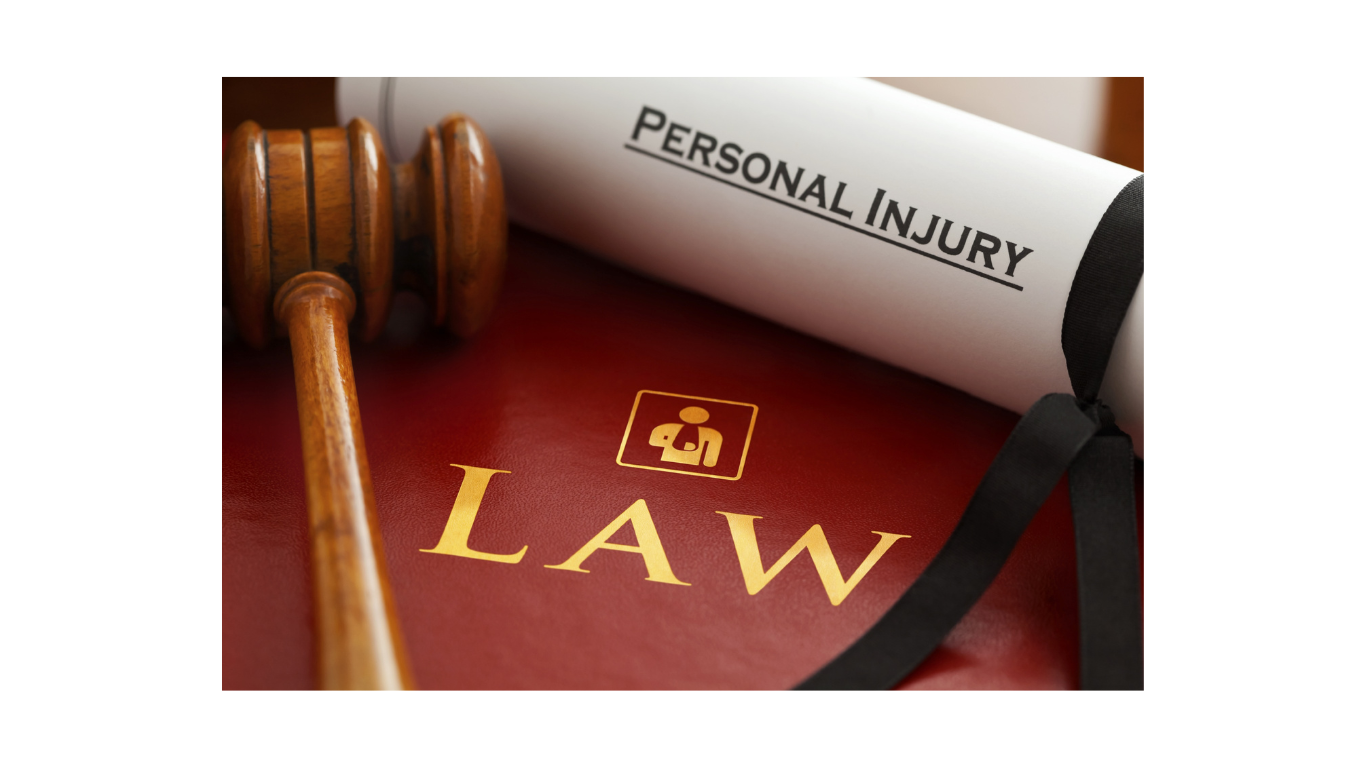Preserving your claim, particularly in legal contexts, is essential to ensure that you do not lose out on rights or potential remedies due to technical oversights or omissions. Here are some highlights on how to preserve your claim:
Timely Notice: Always provide timely notice of a claim. Many contracts or insurance policies, for example, might require notification of a claim within a certain period.
Document Everything: Preserve all relevant documentation, including contracts, correspondence, photographs, invoices, etc. This could serve as evidence if you need to prove your claim.
Understand Statute of Limitations: Each type of claim usually has a specific time frame within which you must file a lawsuit. Missing this window can result in losing your right to claim.
Seek Legal Counsel: Consulting with a lawyer can help ensure that you're taking all necessary steps to protect your rights and that you're aware of all potential remedies available to you.
Avoid Spoliation: Never destroy evidence that may be relevant to your claim. This could severely damage your chances of success and might even lead to sanctions.
Follow Procedure: If there's a specific procedure outlined in a contract, policy, or statute, ensure that you follow it to the letter.
Mitigate Damages: In some cases, you might be required to mitigate (or minimize) the damage or loss you've suffered. This means you should take reasonable steps to limit further harm or loss.
Engage in Mediation or Arbitration: Some agreements might require disputes to be resolved through alternative dispute resolution methods before approaching courts.
Keep a Claim Diary: It can be beneficial to maintain a diary or log of events as they unfold. This can help keep track of important dates, conversations, and steps you've taken.
Stay Updated: Laws and regulations can change. Stay updated with current laws related to your claim to ensure compliance and understanding of your rights.
Remember, the specifics of preserving a claim can vary widely depending on the nature of the claim, jurisdiction, and other factors. It's always a good idea to seek professional guidance if you're unsure about any aspect.

